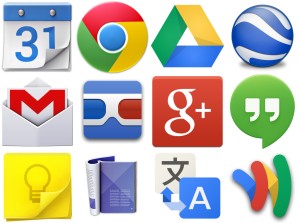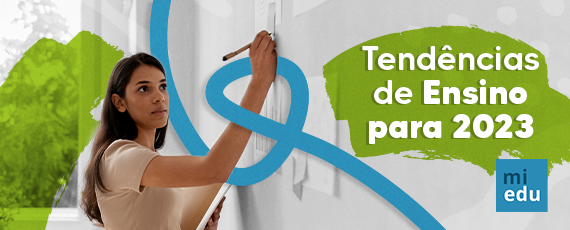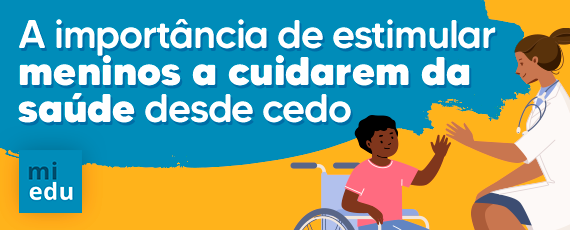Se você pode pesquisar no Google, por que ensiná-lo?
With Google in the classroom, teachers should reimagine lessons
Are any of us better than Google as an instructor?
Is there anything value-added vis-à-vis your classroom teaching? Might one contribute a unique understanding, or presentation, of content? Is offering a professional, high-quality, filtering of fluff and misinformation your unique contribution? Or, is there high-quality feedback that deepens and furthers learning – something arguably Google still does not do?
Kitchen table pedagogy
The point is, of course, that you probably can Google every single concept you currently teach and your students know this well. An added challenge is to grapple with the informal course designs that are popping up all over the net. We might reference this phenomenon as “kitchen table” pedagogy. These home-based “course designers” are challenging in ways that most academics have not even begun to consider; that is, their value, and perhaps the edge, they may have over other forms of transmitting traditionally taught academic information.
In the field of psychology there are numerous kinds of homegrown experiments peppering the net. For example, many good examples of kitchen table concepts exist, such as object permanence, the rouge nose experiment, and examples of ego centrism.
One can wonder how professors justify their classroom design in light of knowing how much teaching and learning is available any time and free of charge on the internet. How can one in good faith continue to teach as if the internet does not exist? With each semester that passes, students are not just a little bit more digitally native, but are algorithmically more in-tune with how to find information on the internet.
Read More: http://migre.me/qxysx
Fonte: eschoolnews.com


